when should infants make eye contact
By making eye contact with your baby and. From an early age healthy babies show enhanced neural processing of direct gaze more brain activity more.

Ils Baby Care Baby Vision Baby Development Baby Care
1 In the beginning baby needs to be calm and alert to hold eye contact so dont try to check this.
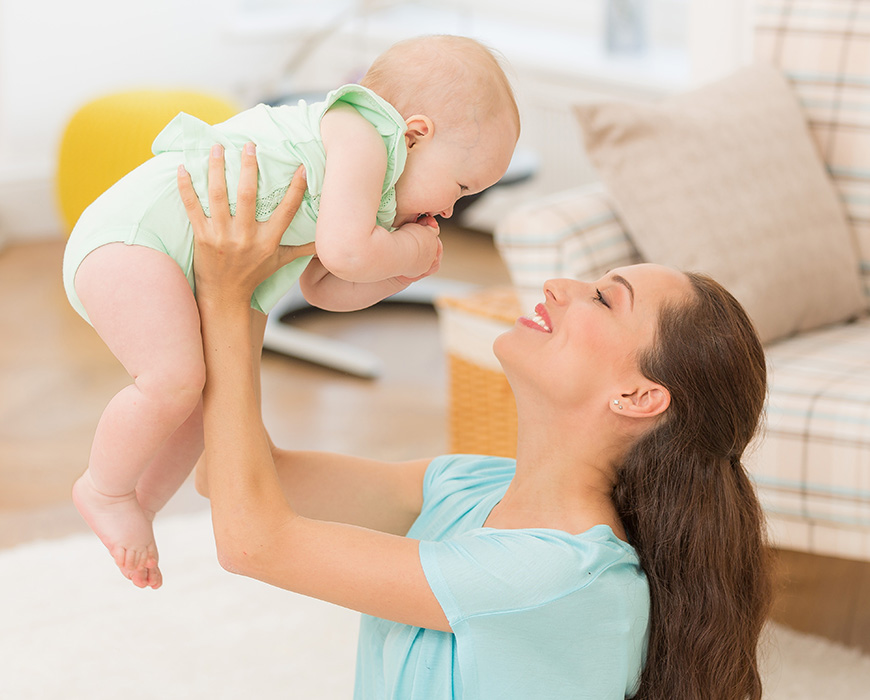
. Before that newborns recognize light and dark as well as movement but eye contact will be more significant in that the baby is able to look at your eyes. By 9-11 months babies develop the ability to follow the actual eye gaze of the adult. Hold your baby about 10-20 inches away from your face and encourage him or her to look at you.
Around four months babies start to develop more sophisticated visual perception and communication. Between 6-10 weeks baby begins to direct her eyes more intentionally by looking directly at her caregiver and holding the gaze with eyes widening. One can put bright objects in front of him but you cant force him or.
As per the growth milestones set by pediatricians most babies start to make eye contact at. This is also about the time when babies smile. But eye contact does play a key role in their learning.
It would be prudent to discuss this with your pediatrician and if advised to see a pediatric ophthalmologist. Research results show that from birth human infants prefer to look at faces that engage them in mutual gaze they like to be looked at. First of all it depends on the age of the baby.
Visual development influences fine motor skills like picking up and manipulating objects Bauer says. Eye contact in infants can be observed as early as the age of six months making it a very important source of the earliest possible indication of autism. At around 3 months baby can follow the movements of her caregiver as she moves about at a distance.
In fact studies have shown that eye contact leads to greater language skills by age 2. They should be able to see colors and smile back at you when you make eye contact. Nerissa Bauer developmental pediatrician with You Doctors Online says that eye contact is important for socialemotional and language development.
Here are some tips for parents to help their baby make eye contact. Babys eyes can only focus on objects that are about 8 to 15 inches away just far enough to see the face of the person holding them and they typically begin holding eye contact around 1 month old. Babies can make eye contact almost immediately after birth.
1 Distracted Mind. At first the baby doesnt have control of what they are looking at and probably doesnt view it the way you might believe you look at things. Talking singing and making eye contact with your infant is the best way to reinforce.
Every child matures at their own pace. Your baby will be able to see pretty clearly by the time hes 12 months old but his vision wont be fully developed until hes between 3 and 5 years old. When should I worry about baby eye contact.
Making eye contact is the most powerful mode of establishing a communicative link between humans. However it is normally at around four months of age that your babys eyes gain the ability to focus and perceive depth. These are two essential processes that will allow your baby to focus their attention on what is most important to them.
This sign falls under the social skills category of autism and is regarded as a red flag. Aside from making a doctor appointment there are a few things parents can do to encourage eye contact. Infants at 2 months of age should definitely be fixing on a face and displaying some following.
The magical moment of eye contact at around four months. If your baby is already looking at your direction make gestures sing or talk to your baby. If we could look into the mind of a toddler it may look similar to a busy office on a Monday morning.
Most newborns begin to make eye contact around six to eight weeks of age. A babys vision improves dramatically over the first year. As per the growth milestones set by pediatricians most babies start to make eye contact at around three months of age.
For the First Few Months. If an infant fails to make eye contact in the first six months an immediate consultation with an expert is recommended. It could be a simple delay in visual development or it could be pathology within the eye or brain.
When do babies make eye contact. At birth an infant can detect light and motion then can make out faces and large shapes. Answer 1 of 5.
Newborns will be especially attracted to a few specific things like the color red and heavy contrast. Babies vision is a bit different to adults - they cant see things unless theyre nice and close. There is so much going on at any given moment that they may not be making eye contact because they are thinking about something else.
They may be looking away to focus more on the thoughts that are going on in their mind.

Babies Brains Show That Social Skills Linked To Second Language Learning Uw Today Social Skills Learning A Second Language Second Language
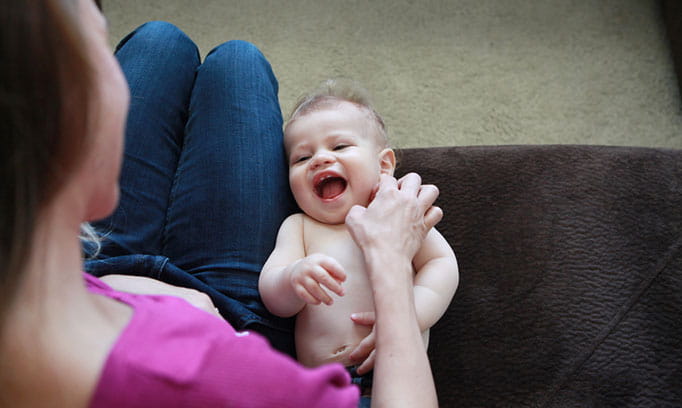
Eye Contact Helps Babies Learn To Talk

Pin By Mother Baby Care On Baby Skin Care New Baby Products Baby Bath Time Baby Bath

Pin By Brooke Evans On Transitioning Infants To Solid Foods Baby Feeding Sitting Positions Life Cycles
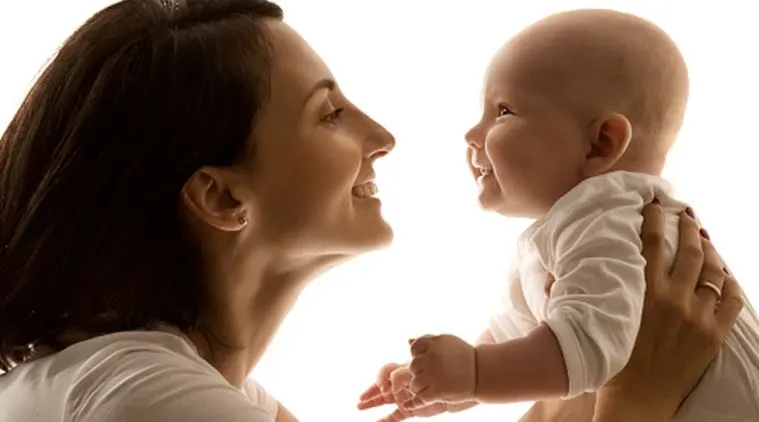
How To Help Your Baby Make Eye Contact 6 Tips For Parents

When Do Babies Make Eye Contact Peanut
![]()
4 Simple Tests For Early Warning Signs Of Autism Eye Contact And Tracking

Promote Social Emotional Well Being Emotional Wellness Social Emotional Emotions

Eye Contact In Babies Expert Advice
/GettyImages-1051247488-cc4e35f298bc401aad25dca9a0c1edf8.jpg)
How To Help A Child Who Doesn T Like Eye Contact

What Can Baby See Part 2 Vision Development In The First 2 Months Eyedolatry
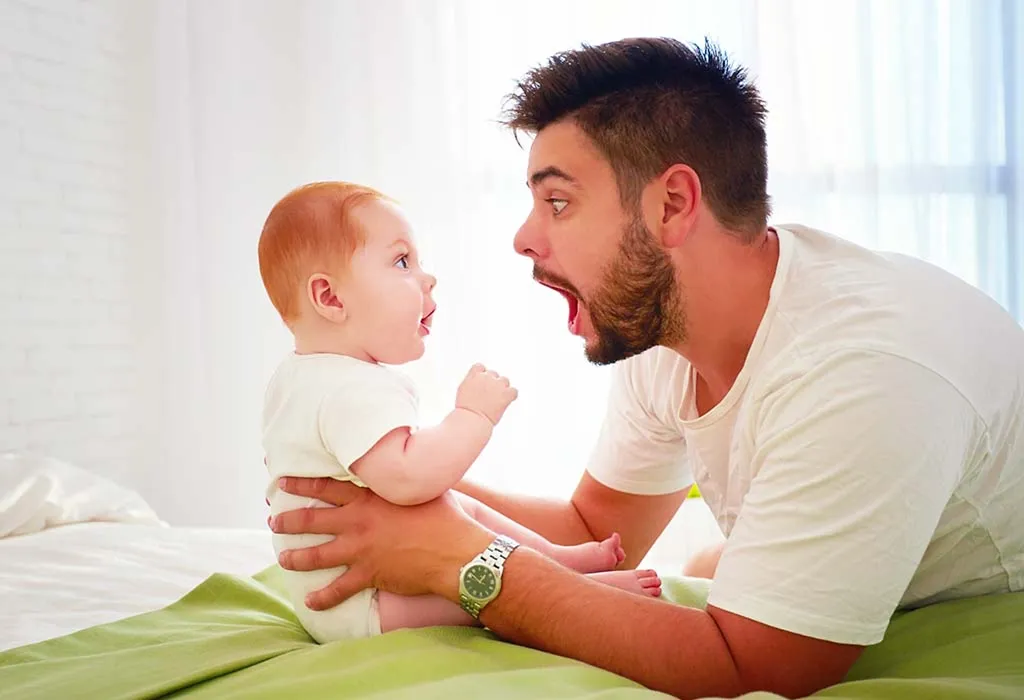
When Do Babies Make Eye Contact How Parents Can Help Them

Black And White Designs Encourage Infant S Vision And Brain Development Baby Development New Baby Products Baby Vision
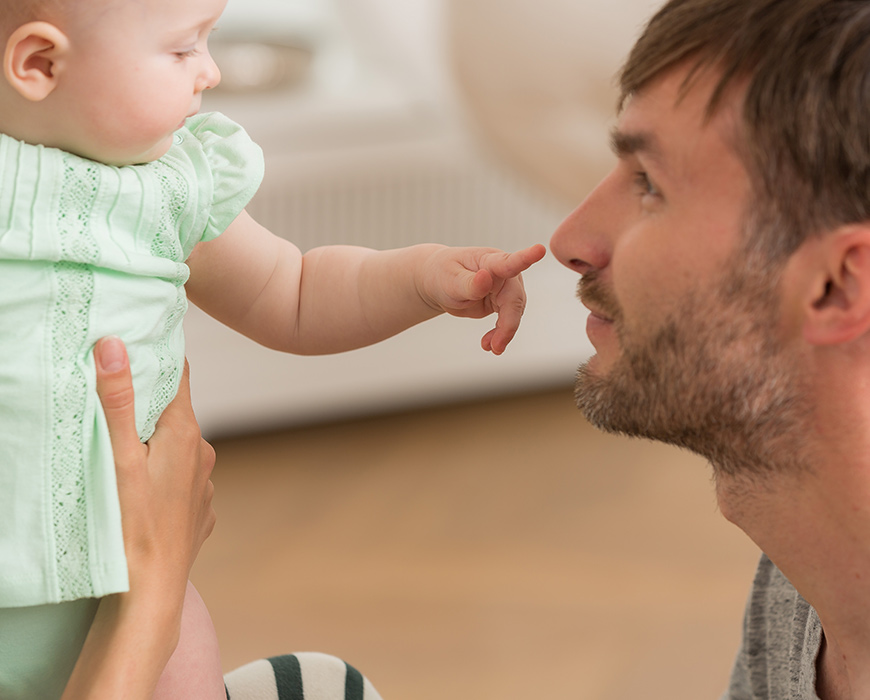
Eye Contact In Babies Expert Advice

Pin On Parenting Tips For New Born Babies

Communication Milestones Of Infants 0 3 Months Infants Communicationmilestones Language Milestones Hearing Sounds Milestones

Infant Brain Responses Predict Reading Speed During Later Childhood Secondary School Reading Disabilities Infant
